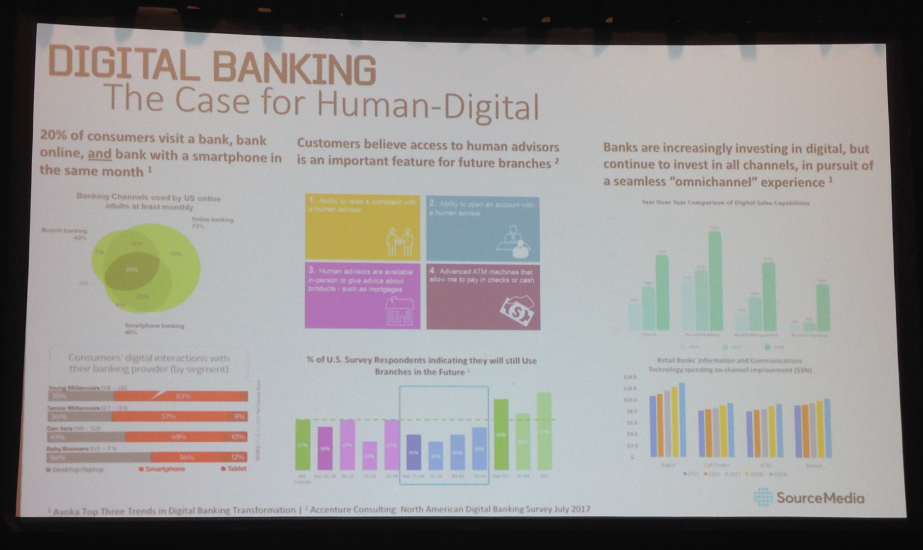AUSTIN, Tex. — Facebook's cryptocurrency plans dominated much of the discussion at American Banker's Digital Banking conference here last week, with bankers wondering if the Libra digital currency could really help the social media giant challenge the role banks play and redefine the future of money. The reveal underscored the event's themes of digital transformation and competition.
Many banks continue to struggle with how to serve the customer in the digital-first age, including simplifying access to products, speeding up account opening and approvals, and improving the user experience. But there were reports of successes too, with some institutions embracing fintech partnerships, while others innovated on their own.
Attendees noted a shift in the purpose of technology use — how many banks were moving beyond the need to digitize services, and looking to new processes to help them increase accounts and deposits instead.
Following is a summary of some of the key ideas and themes presented at this year's conference.















